The psychologists at Agia Irini Psychiatric Clinic of Drama work closely with patients in group settings, helping them engage in appropriate therapeutic groups and, in turn, supporting them to make constructive use of their free time.
These programmes are designed to encourage the development of social skills, to offer personal fulfilment and enjoyment, and to strengthen each resident’s sense of participation and wellbeing.
Some groups focus on providing a safe space for residents to express their needs and emotions; others use targeted interventions to help address interpersonal challenges.
There are also programmes dedicated to enhancing self-care and social skills, as well as developing physical and cognitive abilities.
Our activities extend beyond the Clinic’s walls.
We organise regular, structured outings — such as walks, visits to local cafés, educational trips to museums, or excursions to the seaside and the countryside.
In this way, our programme combines education, recreation, positive reinforcement, and guidance, while also helping to identify any emerging psychological issues that can be promptly addressed in collaboration with the attending psychiatrists.
These programmes are designed to encourage the development of social skills, to offer personal fulfilment and enjoyment, and to strengthen each resident’s sense of participation and wellbeing.
Some groups focus on providing a safe space for residents to express their needs and emotions; others use targeted interventions to help address interpersonal challenges.
There are also programmes dedicated to enhancing self-care and social skills, as well as developing physical and cognitive abilities.
Our activities extend beyond the Clinic’s walls.
We organise regular, structured outings — such as walks, visits to local cafés, educational trips to museums, or excursions to the seaside and the countryside.
In this way, our programme combines education, recreation, positive reinforcement, and guidance, while also helping to identify any emerging psychological issues that can be promptly addressed in collaboration with the attending psychiatrists.
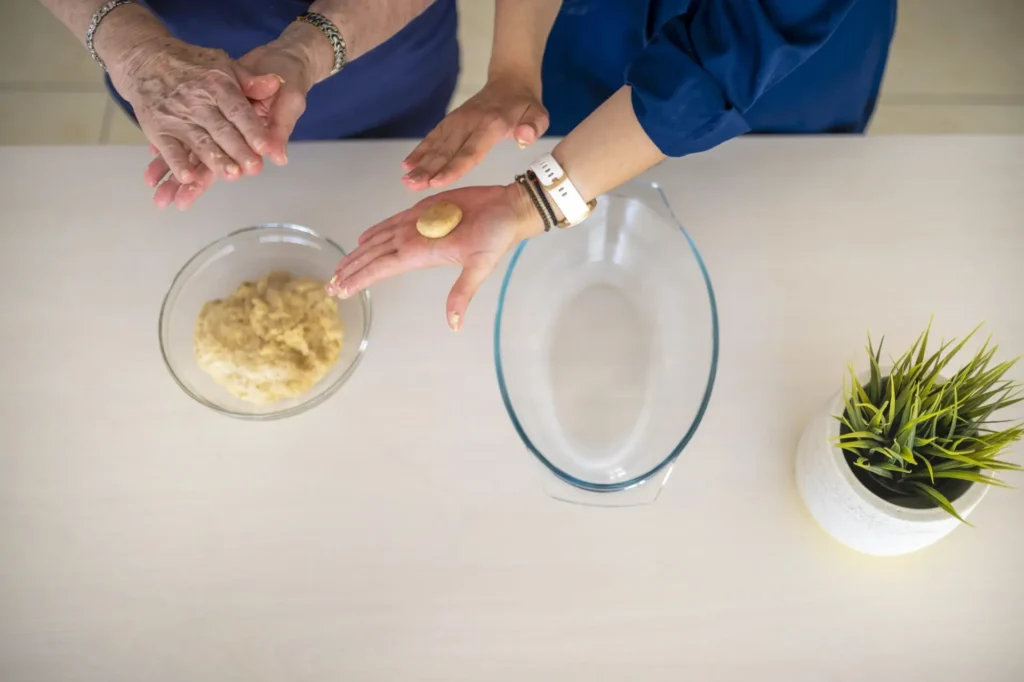
Creative Activities Department
The Creative Activities Department focuses on strengthening residents’ functional abilities, promoting the improvement of both gross and fine motor skills, and helping to prevent the decline of cognitive and social skills.
The programme includes a range of group activities, such as:
The programme includes a range of group activities, such as:
- Painting and visual arts
- Crafts (collage, plasterwork, clay modelling, seasonal decorations, and more)
- Cooking sessions
- Reading and creative writing groups
- Film and documentary screenings
- Hygiene and self-care activities
- Recreational sessions with board games
- Cognitive skills development groups
- Current affairs discussions
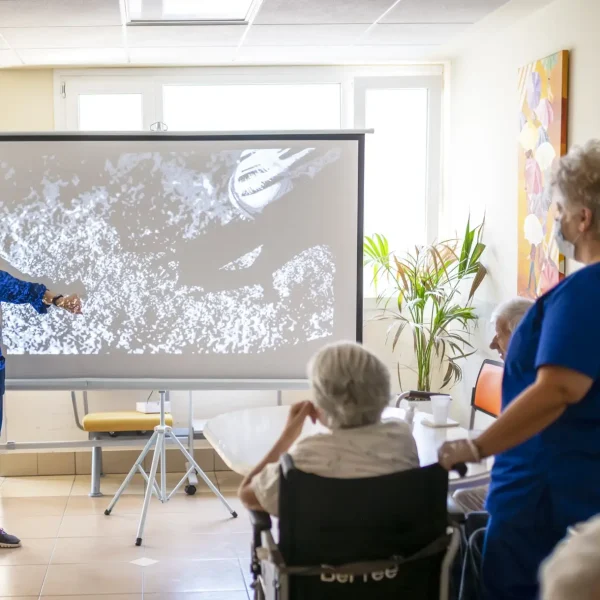
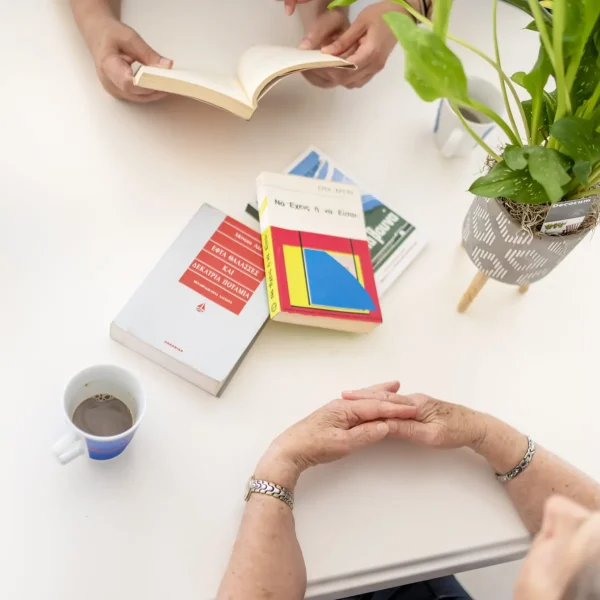
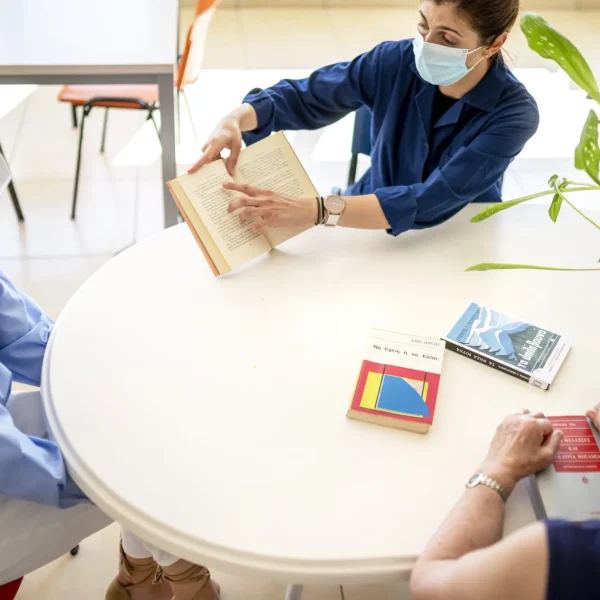
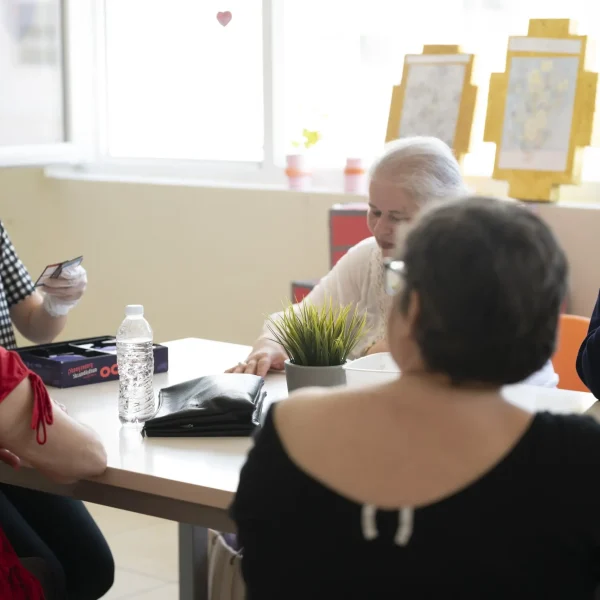
The aim of these activities is to support residents in maintaining their independence in daily functioning and to prepare them for smoother reintegration into the community.
Each resident is assessed by the multidisciplinary team in order to create a personalised programme tailored to their needs, abilities, and areas for improvement.
Residents are welcomed with acceptance and supported by their therapists to build self-confidence, enhance their social skills, and develop meaningful connections with other group members.
Each resident is assessed by the multidisciplinary team in order to create a personalised programme tailored to their needs, abilities, and areas for improvement.
Residents are welcomed with acceptance and supported by their therapists to build self-confidence, enhance their social skills, and develop meaningful connections with other group members.
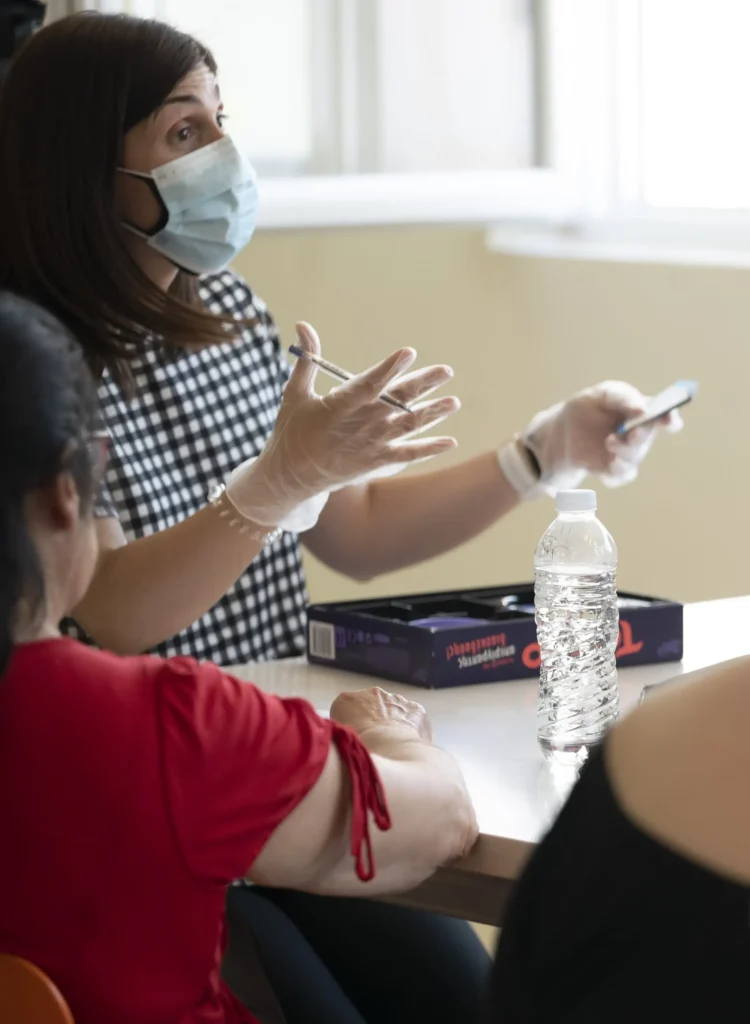
Creative Expression Therapy
Therapy through creative expression is an important component of care for people with special needs.
A key element of this approach is drama-based activities, which include simple and enjoyable exercises that feel like play — such as movement, relaxation, breathing, and reflex exercises.
Through these activities, participants learn to collaborate, to listen to and respect one another, and to build trust within the group.
Creative Expression Therapy also helps to:
A key element of this approach is drama-based activities, which include simple and enjoyable exercises that feel like play — such as movement, relaxation, breathing, and reflex exercises.
Through these activities, participants learn to collaborate, to listen to and respect one another, and to build trust within the group.
Creative Expression Therapy also helps to:
- Foster imagination and creativity
- Encourage reflective thinking
- Support the healthy expression of emotions
- Promote both self-discipline and freedom of expression within socially acceptable boundaries
- Release and channel excess energy in a positive way
Sports Therapy (Yoga, Stretching, Pilates, Strength Training)
Physical activity has a positive impact on both body and mind.
Sports therapy encourages a health-oriented lifestyle, helping to improve mood and self-esteem.
Its goal is to restore and promote the joy of movement, supporting stress reduction and overall wellbeing.
Sports therapy encourages a health-oriented lifestyle, helping to improve mood and self-esteem.
Its goal is to restore and promote the joy of movement, supporting stress reduction and overall wellbeing.
Gallery
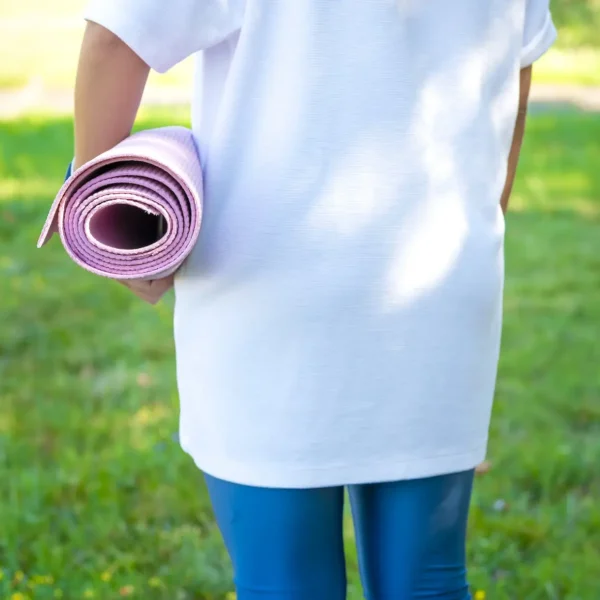
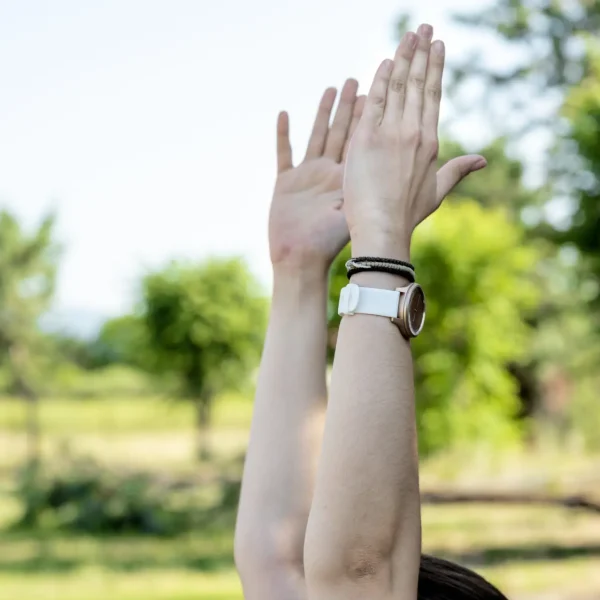
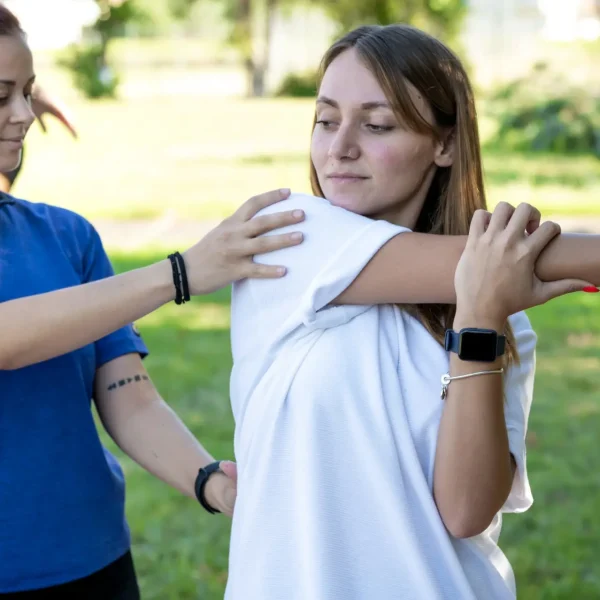
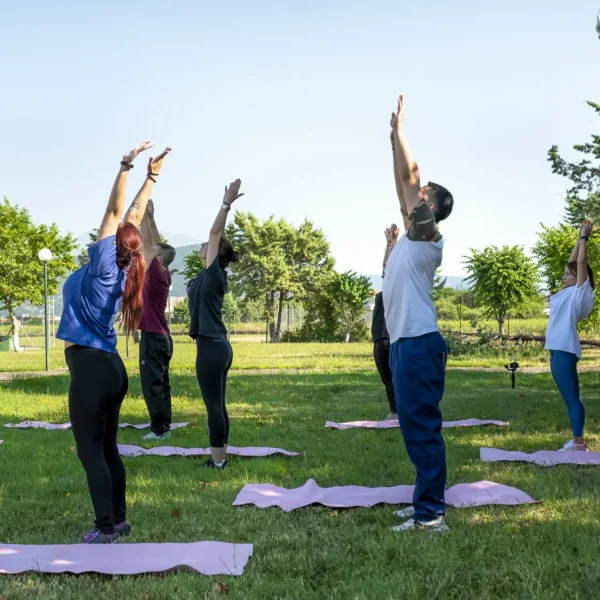
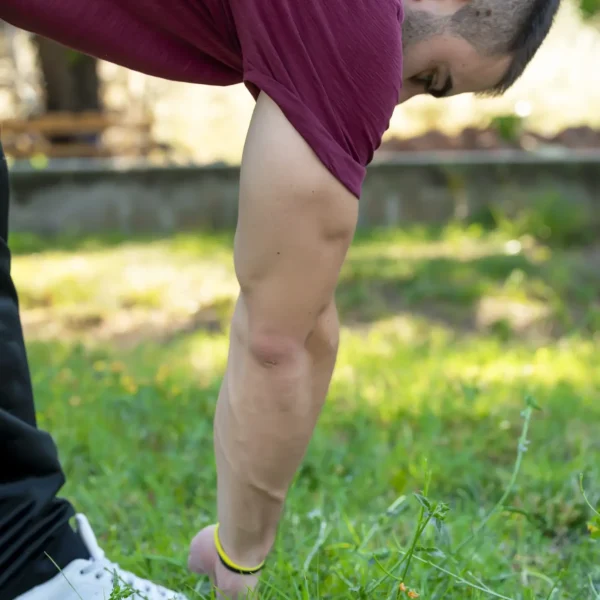
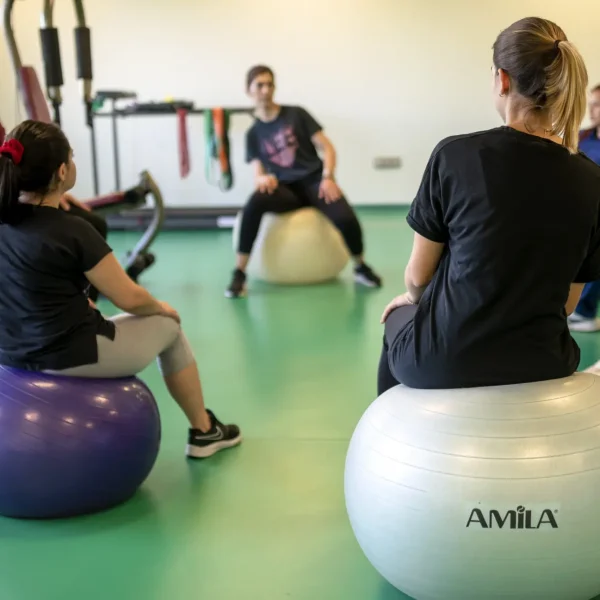
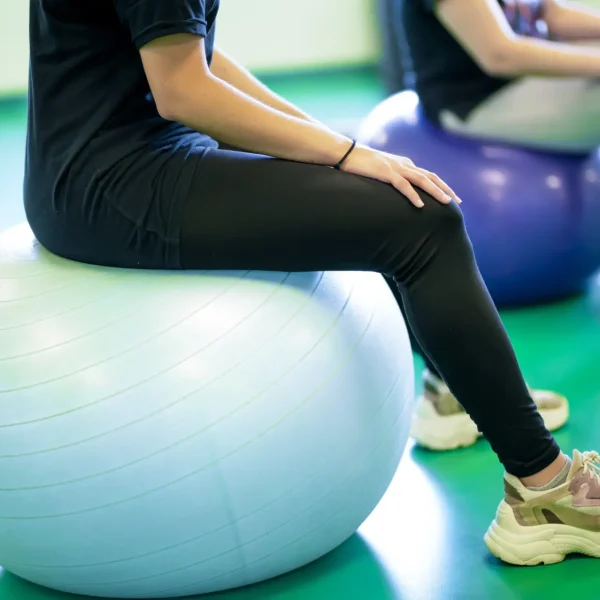
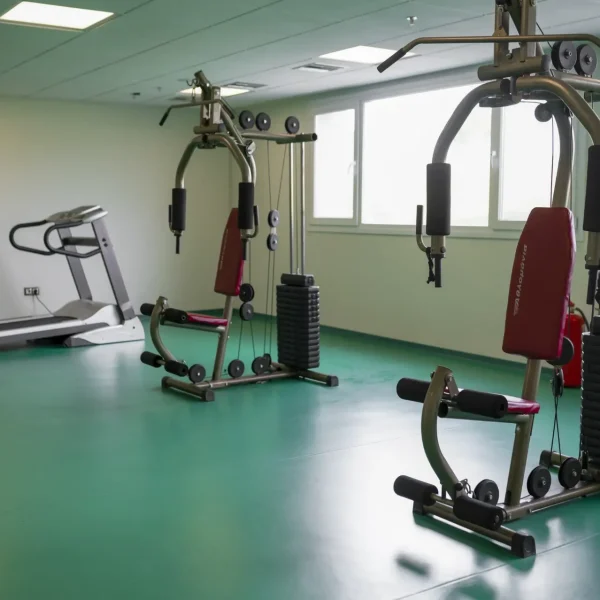
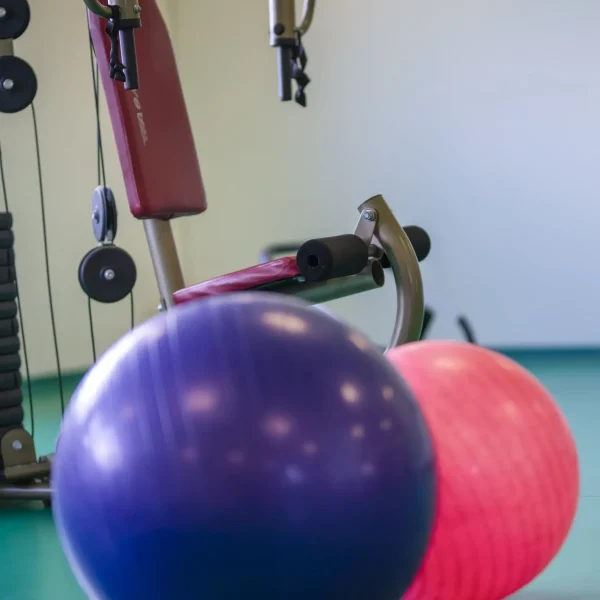
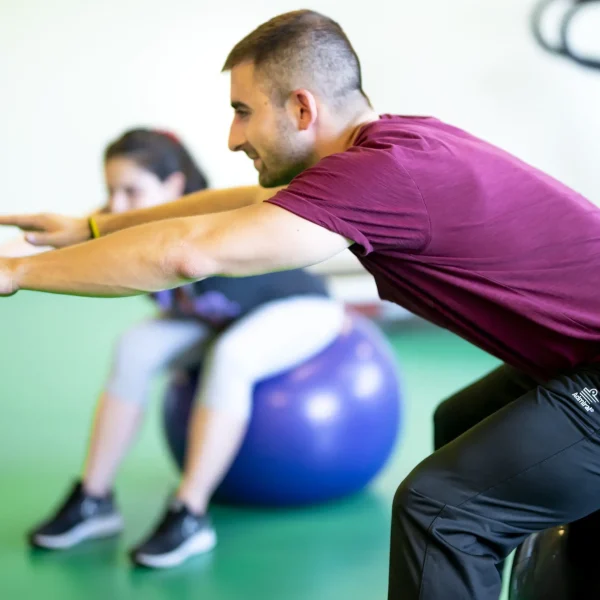
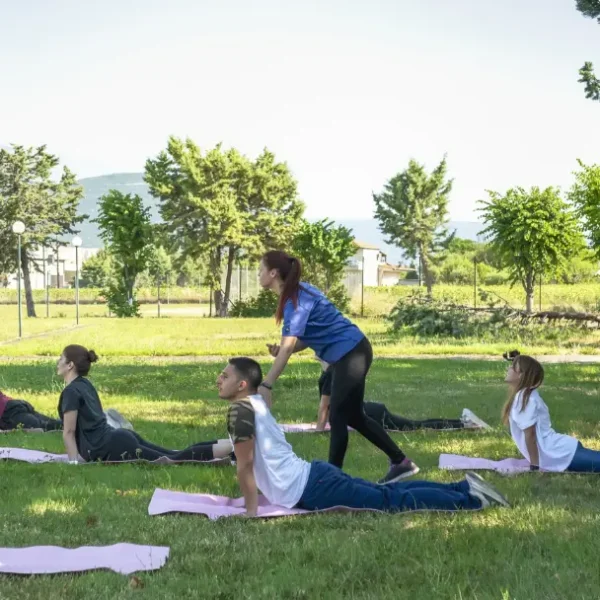
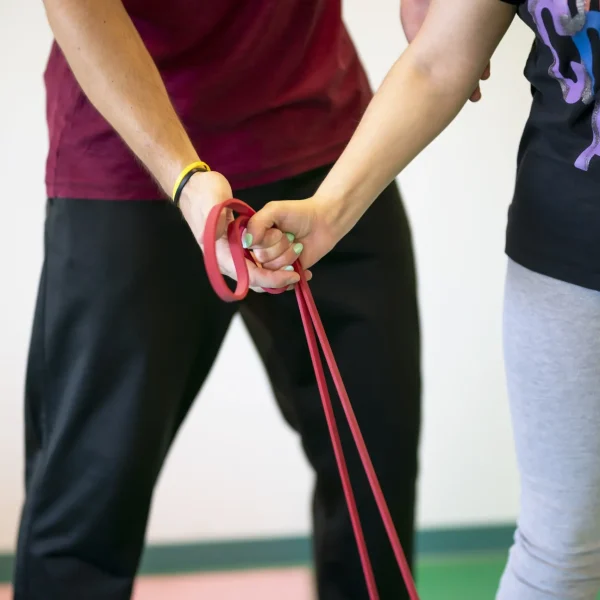
Yoga, in particular, is recognised as one of the most effective practices for managing stress, improving physical fitness, and achieving a sense of both physical and mental wellbeing.
The benefits of deep diaphragmatic breathing are numerous and significant.
Slow, deep diaphragmatic breathing helps regulate the parasympathetic nervous system, allowing both heart and mind to relax.
